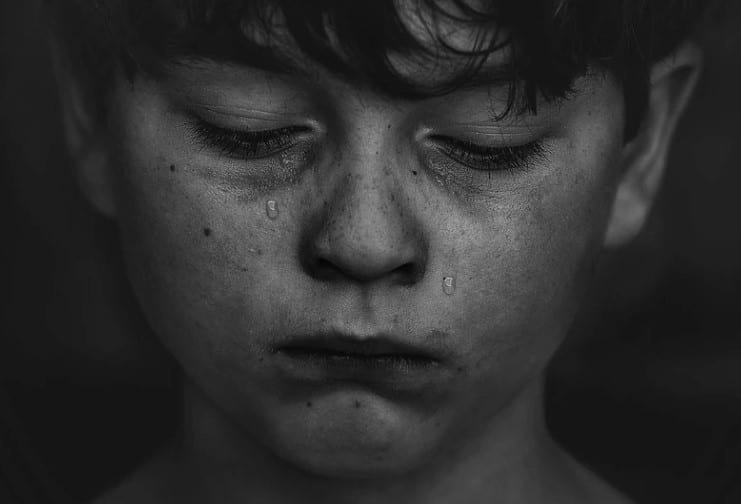Sometimes we can all feel like pulling our hair out when it comes to misbehaving children.
It seems that no matter how many times you say ‘no’ or answer a question, things still just don’t seem to be right.
You could have a child that is perfectly well behaved for one hour, and then that flips for the next. You may have a child that comes home angry or can’t focus on anything? Perhaps they are constantly angry at everyone?
This could be the outcome of anxiety, and its symptoms.
Beyond Blue says – “Anxiety is more than just feeling stressed or worried. While stress and anxious feelings are a common response to a situation where we feel under pressure, they usually pass once the stressful situation has passed, or ‘stressor’ is removed.”
“Anxiety is when these anxious feelings don’t go away – when they’re ongoing and happen without any particular reason or cause. It’s a serious condition that makes it hard to cope with daily life. Everyone feels anxious from time to time, but for someone experiencing anxiety, these feelings aren’t easily controlled.”
Anxiety does occur children, so we should take a quick look at what symptoms you might have to deal with as a parent.
Five ways a child’s anxiety might present itself:
Being Constantly Negative
Are you faced with a child who thinks that everything is going badly or is just plain wrong? This can be a key sign of anxiety, especially as children have not yet developed the ability to be rational about different situations and outcomes. They also lack the ability to self soothe and talk themselves through difficult situations.
Making Bed Time Hard
We all need sleep to help us function every day, so when children aren’t sleeping properly, we are faced with a dilemma. A child dealing with anxious thoughts struggles to sleep, resulting in a tired child that has a knock-on effect on behaviour.
A complicated situation for any parent to face and one that can worsen if not managed properly.
Constantly Questioning Your Control
Anxiety can sometimes come across as defiance or challenging a parent’s power and control. This can be a symptom of a child who is trying desperately to gain control of their own life, a trait which they feel is lacking.
Does your child get overly angry because they were given carrots instead of peas? Or perhaps that are annoyed their favourite hoodie is in the wash? These are all classic examples of a child who is struggling to cope with their feelings and is using anger as a communication method.
Not Being Able to Focus
Around 1 in 20 children in Australia are diagnosed with some form of Attention Deficit Hyperactivity Disorder.
In the past, research has suggested that ADHD and anxiety often go hand in hand, however this has been questioned.
Instead, these two conditions have symptoms that overlap – a lack of focus and distraction being two of them. Children with anxiety are often so caught up in their own thoughts that they do not pay attention to what is going on around them and can seem as if they are ‘somewhere else’ mentally.
Going Quiet or Refusing to Speak
Do you find that sometimes your child refuses to speak in certain situations? We describe this as ‘selective mutism’. Essentially this is when a child may refuse to speak in ‘trigger’ situations, even though they are talkative at home or wherever they feel comfortable. They may refuse to speak at school and withdraw from others or avoid eye contact.
As you can see, there are many different ways that anxiety may present itself, and it can be difficult as a parent to understand and cope with the resulting changes in behaviour.


